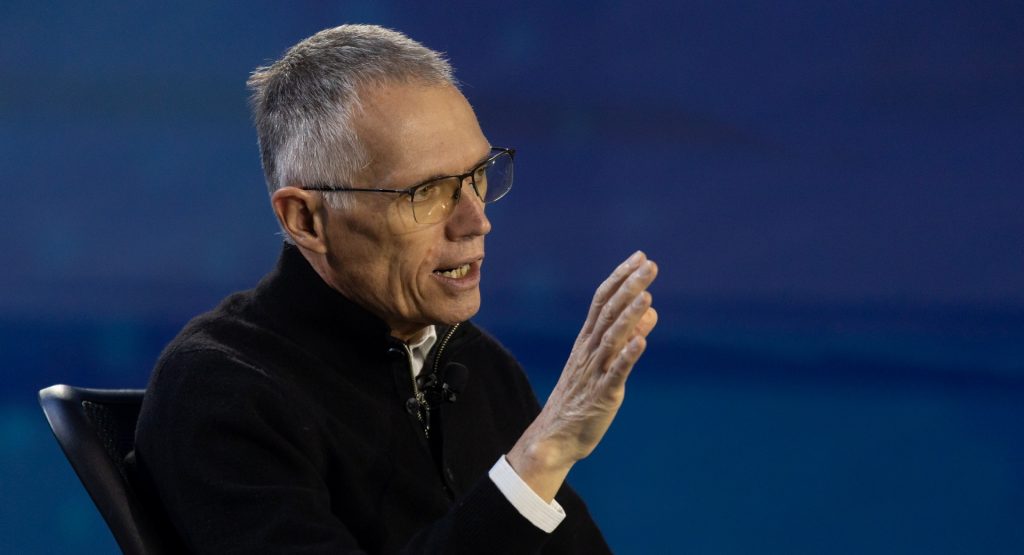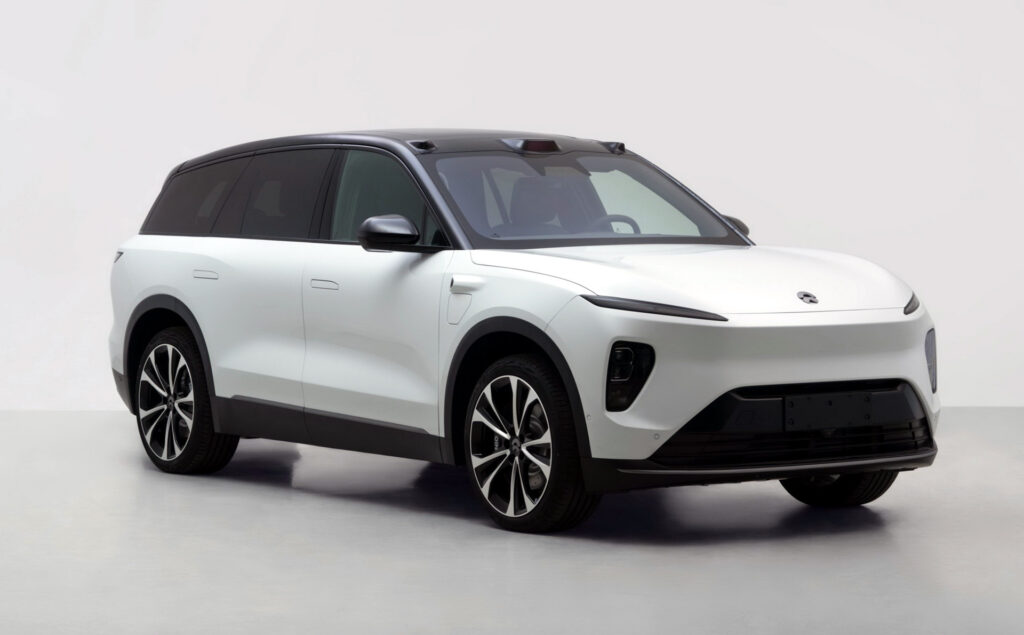The expansion of the Chinese auto industry into Europe and America means the coming years will give us here at Carscoops plenty to write about and you even more choices when it comes to choosing your future cars.
But while the arrival of the Chinese might be exciting to those of us outside the industry, those on the inside at established Western carmakers are terrified. Stellantis CEO Carlos Tavares told reporters at CES in Las Vegas that European firms faced a “terrible fight” with their incoming Chinese counterparts if the region’s politicians didn’t act to assist the likes of Stellantis, BMW, and Volkswagen.
“The price difference between European and Chinese vehicles is significant,” Tavares told Automobilwoche. “If nothing is changed in the current situation, European customers from the middle class will increasingly turn to Chinese models. The purchasing power of many people in Europe is decreasing noticeably.”
The Stellantis boss claimed European carmakers were fighting with one hand tied behind their back because regulations in Europe mean vehicles built in the region are around 40 percent more expensive to make than rival models made in China.
Related: BYD Sold 911,410 BEVs In 2022 And Is Closing In On Tesla

“I think we’ve seen this movie before,” said Tavares, likening the scenario to the fate of the European solar panel industry that lost out to Chinese manufacturers, though he could just have easily referenced Detroit’s battle against European and Japanese imports in the 1960s and ’70s, or the British motorbike industry’s fight against Japanese two-wheelers during the same period.
“It’s a very bleak scenario,” he told Automobilwoche. “But it doesn’t have to go that way.”
Tavares says that if European politicians fail to protect local industries they will be forced to move production to cheaper countries to reduce costs and compete head-on with low-priced Chinese products. For context, the entry-level MG4 EV costs over $13,000 less than the cheapest Volkswagen ID.3.
But the former Renault number two claimed an alternative solution would be to “re-industrialize” Europe, though he conceded that would involve changing trade deals that might limit European industry’s activity in China, something many German companies wouldn’t support.
European politicians face some tough decisions but they’ll need to make them quickly. “In the current context, if nothing is done in the European Union, there will be a terrible fight,” Tavares warned.




